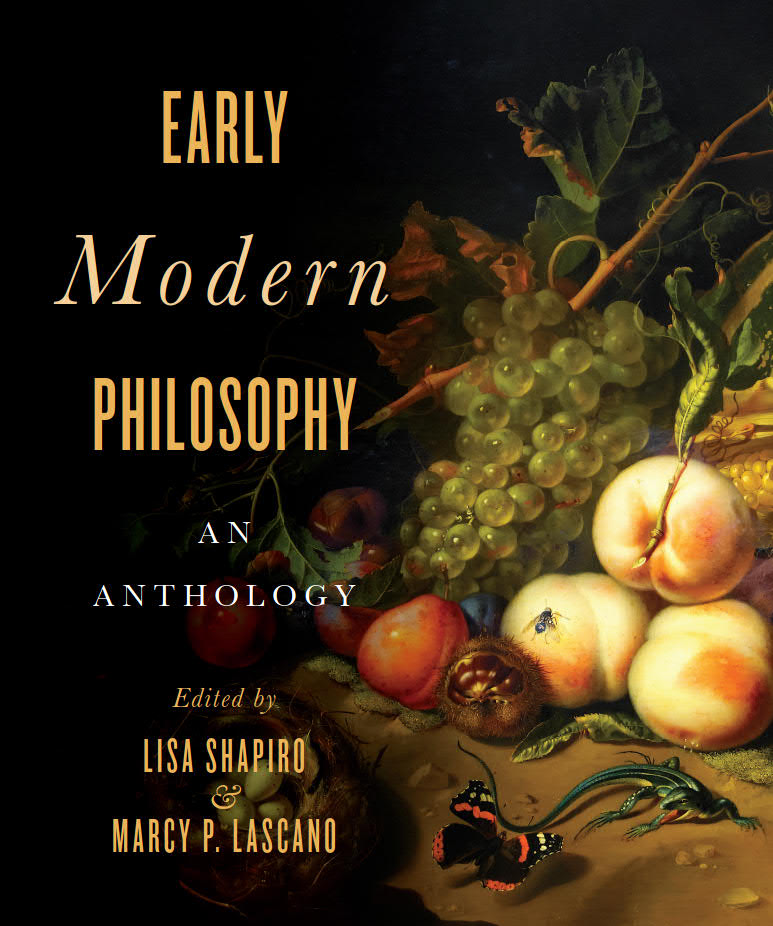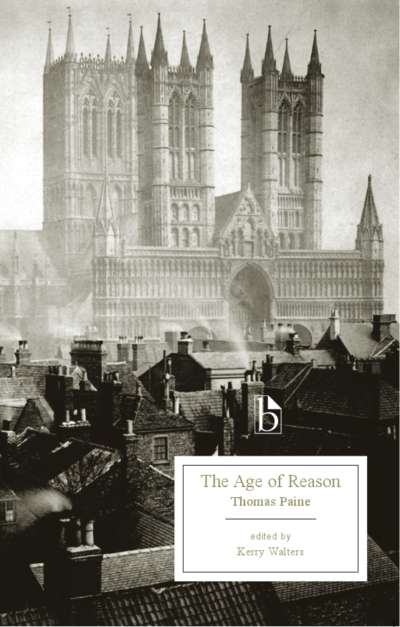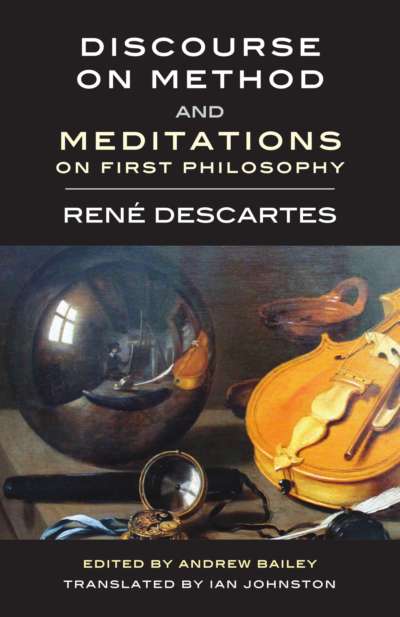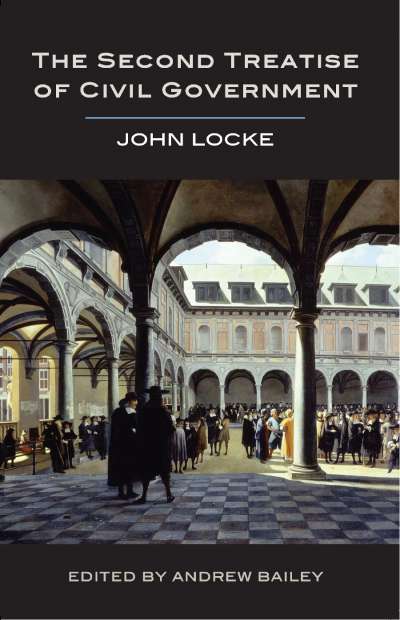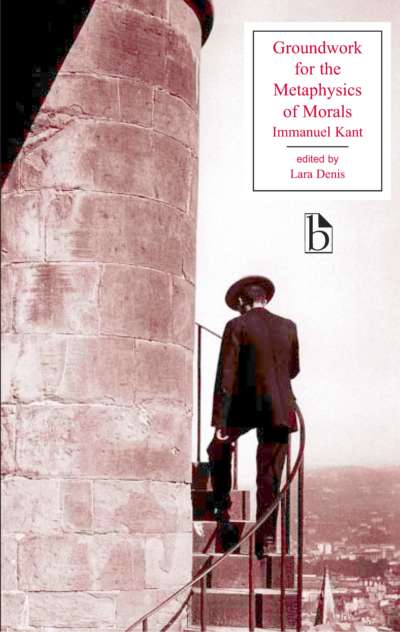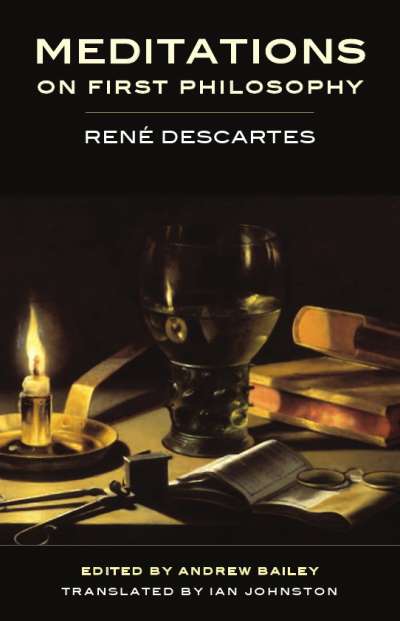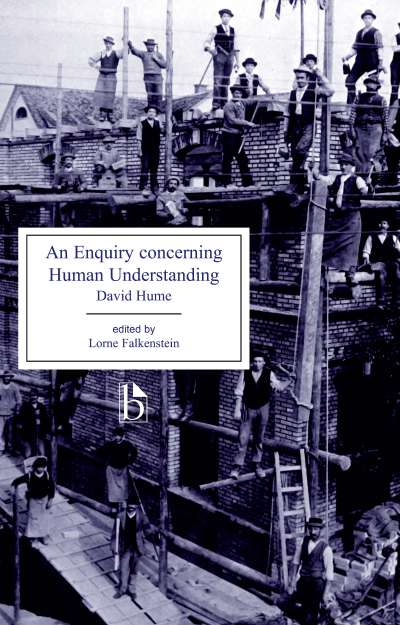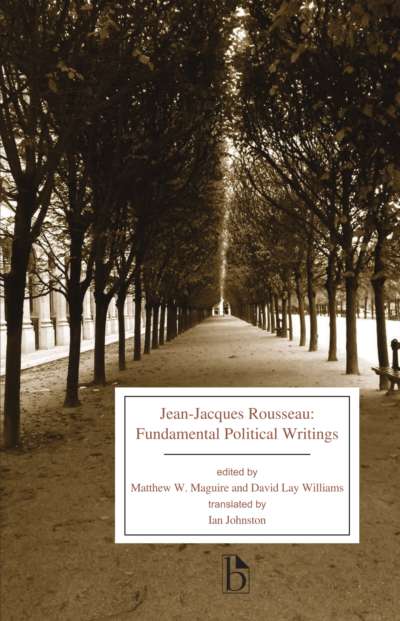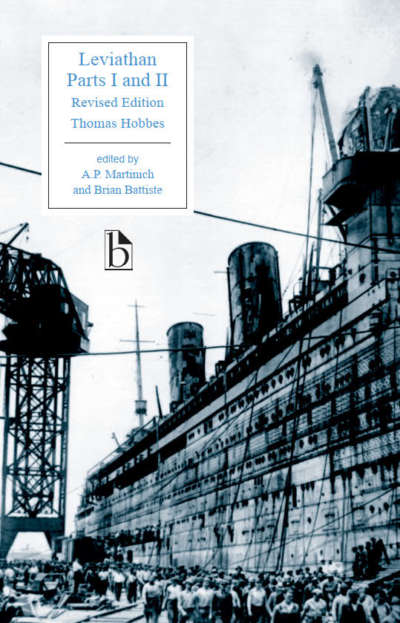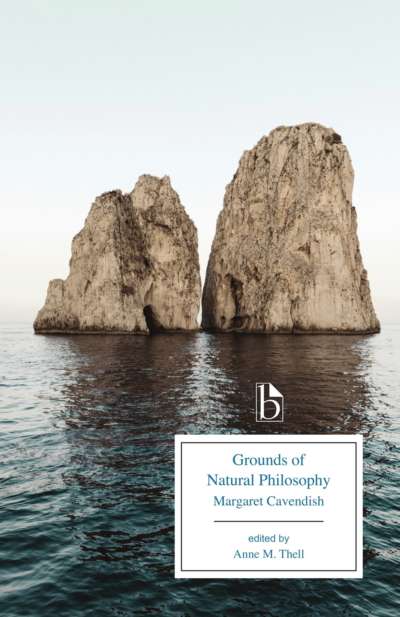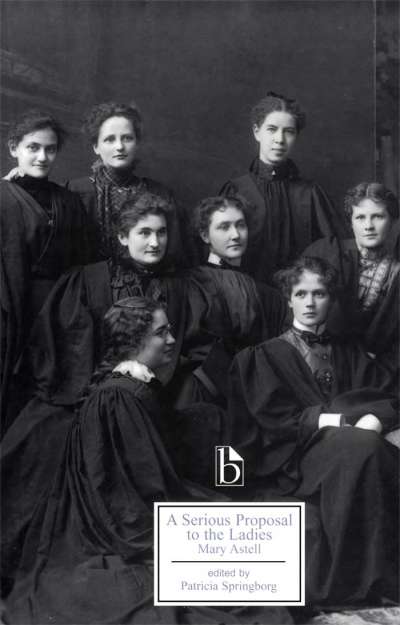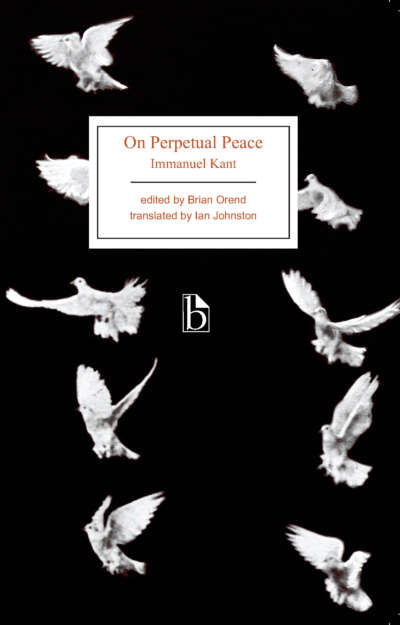This new anthology of early modern philosophy enriches the possibilities for teaching this period by highlighting not only metaphysics and epistemology, but also new themes such as virtue, equality and difference, education, the passions, and love. It contains the works of forty-three philosophers, including traditionally taught figures such as Descartes, Spinoza, Leibniz, Locke, Berkeley, Hume, and Kant, as well as less familiar writers such as Lord Shaftesbury, Anton Amo, Julien Offray de La Mettrie, and Denis Diderot. It also highlights the contributions of women philosophers, including Margaret Cavendish, Anne Conway, Gabrielle Suchon, Sor Juana Inéz de la Cruz, and Emilie Du Châtelet.
Comments
“Instructors and scholars of early modern philosophy have desperately awaited this anthology, frustrated with existing collections that present an outdated and narrow canon. Shapiro and Lascano’s impressively rich compilation reflects current scholarship, which has rediscovered many previously overlooked texts and topics. This versatile anthology should work beautifully for traditional courses on early modern philosophy, for drastically reconceived courses, or for anything in between.” — Julia Jorati, University of Massachusetts, Amherst
“More than a textbook, this anthology is an extraordinary resource for students and scholars. Thanks to Lisa Shapiro and Marcy Lascano, we can better appreciate the wide range of questions, problems, and concerns defining the modern period. Alongside a broader than usual range of canonical thinkers, the anthology features a rich and engaging variety of contributions from early modern women philosophers. Bravo!” — Hasana Sharp, McGill University
“By rediscovering the philosophical writings of women and people of color, recent scholarship has made great progress in understanding the themes and thinkers in early modern philosophy. This superb anthology, balancing classic philosophical texts with texts by philosophers historically excluded from the canon, offers exciting possibilities for instructors wishing to align their courses with this pioneering new research.” — Deborah Boyle, College of Charleston
“This early modern collection is fresh and exciting, including traditional texts but also venturing far beyond the canon. It’s a pleasure to see the likes of George Berkeley side-by-side with lesser-known figures such as Catharine Trotter Cockburn and Francis Hutcheson. Clever themes and a straightforward timeline will render it easy and appealing for teachers and students alike.” — Emily Thomas, Durham University
“Many will be familiar with the old narrative of early modern European philosophy—the story of three continental rationalists, three British empiricists, and Kant as the synthesizer of the two traditions. And many will be familiar with the steady erosion of that story in recent decades. Now, with this book of primary texts aimed for teachers and students of this rich and pivotal period in western philosophy, Lisa Shapiro and Marcy Lascano have provided a tremendous resource for philosophers wishing to imagine a fuller, more inclusive, and vastly more interesting history of philosophy. This book includes texts from forty-three early modern figures including many women and erstwhile unappreciated men, and it recognizes a range of genres in which philosophy was produced in these centuries. Among this volume’s many virtues is the section on themes, which will be especially helpful for instructors as we build our syllabi. Some of those themes—such as love, habituation and custom, and education—show the range of issues that early modern philosophers grappled with, a range exposed by breaking out of the old canon. The study questions at the start of each philosopher’s entries will provoke deep and engaged thought in the student of early modern philosophy. With this ground-breaking and inspiring text, Shapiro and Lascano have done the philosophical community an enormous service.” — Karen Detlefsen, University of Pennsylvania
Introduction
Thematic Table of Contents
- 1. PHILOSOPHICAL METHODOLOGY
- 2. SKEPTICISM
- 3. EQUALITY AND DIFFERENCE
- 4. FEMINISM
- 5. EDUCATION
- 6. HABITUATION AND CUSTOM
- 7. HAPPINESS
- 8. PASSIONS
- 9. LOVE
- 10. SELF-KNOWLEDGE, PERSONS, AND PERSONAL IDENTITY
- 11. HUMAN NATURE, INCLUDING HUMAN VS. (OTHER) ANIMALS
- 12. STATE OF NATURE
- 13. MORAL PHILOSOPHY
- 14. VITRUE AND VICE
- 15. FREE WILL, HUMAN FREEDOM, AND AUTONOMY
- 16. GOD AND THE PROBLEM OF EVIL
- 17. METAPHYSICS
- 18. SUBSTANCE
- 19. MIND-BODY UNION AND INTERACTION
- 20. CAUSATION
- 21. NATURAL PHILOSOPHY
- 22. EPISTEMOLOGY
- 23. PHILOSOPHY OF MIND
- 24. KNOWLEDGE FROM EXPERIENCE
- 25. PERCEPTION AND IMAGINATION
Timeline of Publication Dates
1. Michel de Montaigne (1533–1592)
- To the Reader
- Of Cannibals
- Apology for Raymond Sebond
2. Francis Bacon (1561–1626)
- The Advancement of Learning
- New Organon
3. Marie de Gournay (1565–1645)
- The Equality of Men and Women
4. Thomas Hobbes (1588–1679)
- Leviathan
- Of Liberty and Necessity
5. René Descartes (1596–1650)
- Discourse on the Method for Reasoning Well, Parts 1 and 2
- Website: Discourse on the Method, Parts 3–6
- Meditations on First Philosophy
- Website: Meditations on First Philosophy, Dedicatory Letter and Preface to the Reader
6. Anna Maria van Schurman (1607–1678)
- A Dissertation on the Natural Capacity of Women for Study and Learning
7. Madeleine de Scudéry (1607–1701)
- Conversations upon Several Subjects: “Of the Knowledge of Others, and of Ourselves”
8. Henry More (1614–1687)
- The Immortality of the Soul
9. Ralph Cudworth (1617–1688)
- The True Intellectual System of the Universe
10. Princess Elisabeth of Bohemia (1618–1680)
- Correspondence with Descartes
11. Margaret Cavendish (1623–1673)
- Poems and Fancies
- Philosophical Letters
- Observations Upon Experimental Philosophy
- Grounds of Natural Philosophy
12. Anne Conway (1631–1679)
- The Principles of the Most Ancient and Modern Philosophy
13. Gabrielle Suchon (1631–1703)
- Treatise on Ethics and Politics
- On the Celibate Life Freely Chosen
14. John Locke (1632–1704)
- An Essay Concerning Human Understanding, Books I and II
- Website: An Essay Concerning Human Understanding, Book IV
- Some Thoughts Concerning Education
15. Baruch Spinoza (1632–1677)
16. Robert Hooke (1635–1703)
17. Madame de Maintenon (1635–1719)
- Dialogues: On Reason, On Constraint, On the Drawbacks of Marriage, On the Education at Saint-Cyr
- Addresses to Students: Of the Utility of Reflection, Of the Single Life
- Addresses to Faculty: Of the Education of Ladies
18. Nicolas Malebranche (1638–1715)
19. Isaac Newton (1642–1727)
20. G.W. Leibniz (1646–1716)
- Discourse on Metaphysics
- The New System of the Nature of Substances
- Theodicy: Summary of Arguments
- Website: The Monadology
21. Pierre Bayle (1647–1706)
- Historical and Critical Dictionary: “Spinoza”
- Website: Historical and Critical Dictionary: “Manicheans,” “Rorarius”
22. François Poulain de la Barre (1647–1723)
- A Physical and Moral Discourse concerning the Equality of Both Sexes
- On the Education of Ladies for Training the Mind in the Sciences and Moral Judgement
23. Sor Juana Inés de la Cruz (c. 1648–1695)
- “Let us pretend I am happy”
- Response of the Poet to the Very Eminent Sor Filotea de la Cruz
24. Damaris Cudworth, Lady Masham (1659–1708)
- Occasional Thoughts in Reference to a Vertuous or Christian Life
- Correspondence with Leibniz
25. Mary Astell (1666–1731)
- A Serious Proposal to the Ladies
- Some Reflections upon Marriage
26. Bernard Mandeville (1670–1733)
27. Anthony Ashley Cooper, 3rd Earl of Shaftesbury (1671–1713)
- Soliloquy, or Advice to an Author
- Website: An Inquiry concerning Virtue
28. Catharine Trotter Cockburn (1679–1749)
- Remarks upon some Writers
29. George Berkeley (1685–1753)
- Three Dialogues Between Hylas and Philonous, The First Dialogue
- Website: Three Dialogues Between Hylas and Philonous, The Second Dialogue
30. Francis Hutcheson (1694–1746)
- An Inquiry into the Original of our Ideas of Beauty and Virtue
- An Essay on the Nature and Conduct of the Passions
31. Voltaire (1694–1778)
32. Anton Amo (c. 1703–after 1752)
- Treatise on the Art of Soberly and Accurately Philosophizing
33. Émilie Du Châtelet (1706–1749)
- The Foundations of Physics
- Discourse on Happiness
34. Julien Offray de La Mettrie (1709–1751)
35. Thomas Reid (1710–1796)
- An Inquiry into the Human Mind on the Principles of Common Sense
36. David Hume (1711–1776)
- An Enquiry concerning Human Understanding, Sections I–V, VII–IX
- Website: An Enquiry concerning Human Understanding, Sections X–XII
- An Enquiry concerning the Principles of Morals
37. Jean-Jacques Rousseau (1712–1778)
- Discourse on the Origin and the Foundations of Inequality among Men
38. Denis Diderot (1713–1784)
- Letter on the Blind, for the Use of Those Who See
39. Étienne Bonnot de Condillac (1714–1780)
40. Adam Smith (1723–1790)
- The Theory of Moral Sentiments
41. Immanuel Kant (1724–1804)
- Prolegomena to Any Future Metaphysics
- “What Is Enlightenment?”
- Website: Groundwork for the Metaphysics of Morals
42. James Beattie (1735–1803)
- An Essay on the Nature and Immutability of Truth
43. Sophie de Grouchy (1764–1822)
- Letters on Sympathy: Letters to C***, on The Theory of Moral Sentiments
Permissions Acknowledgments
Lisa Shapiro is Professor of Philosophy at Simon Fraser University. Marcy P. Lascano is Professor of Philosophy at the University of Kansas.

